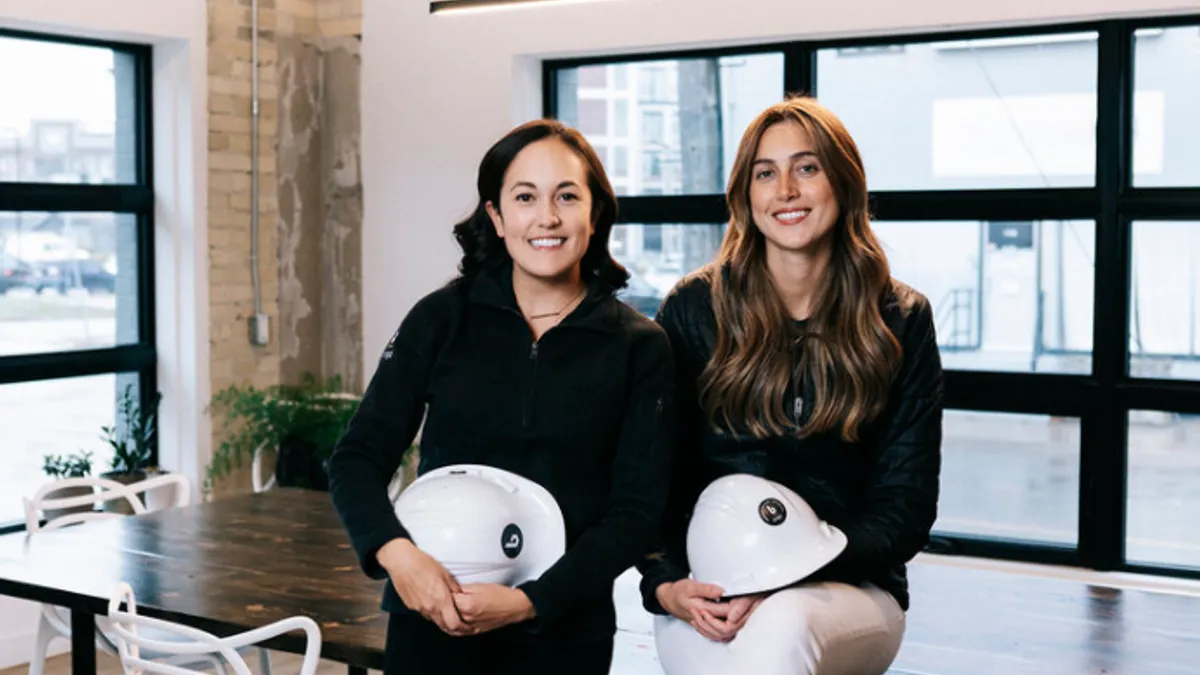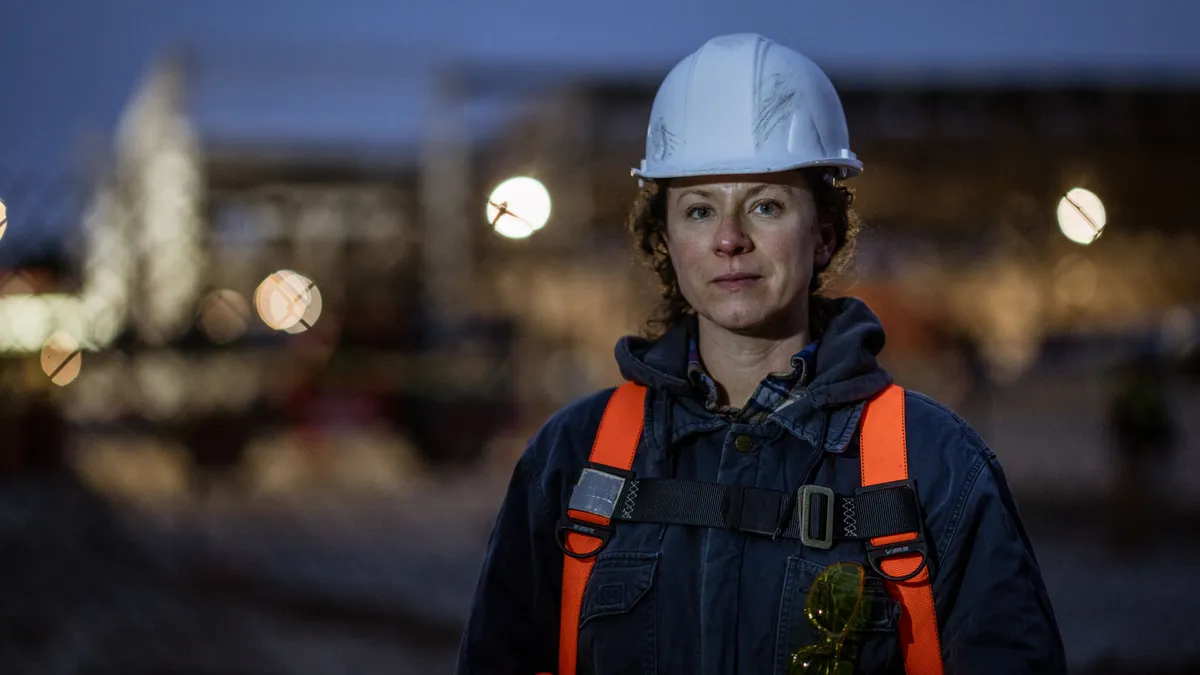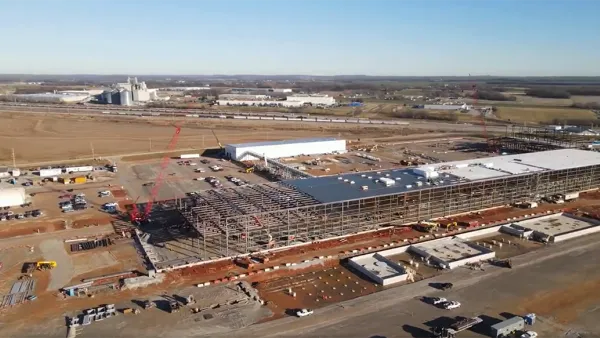While looking at construction management software provider Bridgit’s website, Lora McMillan noticed the site used a familiar term: “manpower.”
It wasn’t the first time that McMillan, senior superintendent in the Toronto office of construction firm Ledcor, had noted the lack of inclusive language in the industry. “Foreman,” “workmanship,” "manlift," “tradesman” and many other words seemed out of place in an industry that is striving to attract more workers.
She got in touch with Lauren Lake, Bridgit’s co-founder and COO, who told her that the company used the term because it is common in the industry. McMillan challenged Lake and the other leaders at the women-owned Bridgit to consider more inclusive alternatives, sparking a call to action that they are taking to the entire industry.
The two groups are calling on others in construction to use more gender-inclusive language by bringing attention to terminology that leaves women marginalized. This means changing out words like manpower and using gender-neutral job titles such as superintendent and project manager. But that is just a start. Everything from signage stating “men at work” to job descriptions for hiring are not inclusive and often uninviting to women, McMillan said.
McMillan compared the act of noticing and changing vocabulary to performing a find and replace function in a document. “I correct everyone around me and now people are correcting me back,” she said.
Making changes
McMillan is asking interested companies to consider the following steps:
- Conduct an analysis of terms that are used on a daily basis — on and offsite — that are not inclusive.
- Train teams on why these words aren’t inclusive and offer alternatives.
- Remove these words from vocabulary and documentation/materials; bring them up when they’re mentioned and keep each other accountable.
- Challenge other leaders in the construction space to do the same, including subcontractors and suppliers.
McMillan noted some employers she’s talked to have begun to change their mindsets, while others seem ready to make a shift.
“What we’re finding is that there’s probably 15% on board, 15% who are never going to get on board, and 70% ready to change,” she said.
Attracting more workers
The construction industry continues to face a labor crisis, and women make up only about 10% of the workforce. The fact that many construction terms are tailored to men does not send a welcoming signal to females looking to break into the field.
There are other barriers as well, McMillan said. “On site, my vest is ill fitted, my hardhat is not sized right,” she said. “There are immediacies where you don’t feel like you belong.”
Additionally, as more adults from Generation Z — a group that values inclusivity — join the workforce, gender-inclusive language will become more important to attract new employees.
“People are ready for change,” said Lake (shown above left with Bridgit CEO and co-founder Mallorie Brodie). “They want to see new people, young people joining the industry and excited to join their line of work.”
Kitchener, Ontario-based Bridgit is the maker of construction resource management tool Bridgit Bench that’s used by construction firms including Skanska and Ryan Cos. The firm has raised more than $15.7 million in equity financing with capital from investors such as Autodesk, Salesforce Ventures, Sands Capital and Stand-Up Ventures among others.
Lake said it’s natural for the company that she founded with Brodie in 2014 to work for more inclusive language. “If it’s not going to be us as a female-owned company, who will it be?” she said. “It’s on us to take that stand even if there’s some blowback.














